The Future of Solar and the Clean Energy Revolution
April 5th, 2018 6:00PM -7:30PM
On April 5, 2018, the World Affairs Council welcomed Varun Sivaram, Philip D. Reed Fellow for Science and Technology at the Council on Foreign Relations, for a discussion on the future of solar power and a clean energy revolution in an in-depth conversation with Allison Arnold, executive director of the Solar Installers of Washington. Mr. Sivaram introduced a number of themes from his recent book Taming the Sun (MIT Press).
Solar energy faces unique challenges if it is to be implemented on a scale large enough to help countries achieve their climate goals. Utilities struggle to adapt to the midday surge in power that solar installations generate, creating a situation where the benefits of adding more solar power to a network are not fully realized in a grid that is not optimized for their deployment. Mr. Sivaram describes this as “value deflation,” and discussed several examples of financial, technical, and systemic innovations that are needed to lay the groundwork for broader adoption of solar energy.
As the largest source of new electrical capacity last year, solar energy is no longer a David to the Goliath of fossil fuels. At the policy level, Mr. Sivaram described how important it will be to adapt to this reality and to put forward new policies that will further incentivize the adoption of solar power, on an even larger scale than before, in order to overcome value deflation. Where decision makers may instinctively look to the policies of countries that have deployed the most solar power so far, Mr. Sivaram encouraged new approaches, “Those measures were to get solar up to scale. Well, now it’s to scale, and we need to get it to be huge.”
The many policy options available include versions that promote economic development, energy independence, job creation, and other attributes such as power grid resilience. The audience Q&A led by Ms. Arnold weighed the pros and cons of topics ranging from long-distance power transmission, batteries, the role of concentrated solar power (CSP), “off the grid” installations, and feed-in tariffs. Decisions makers will have to make choices on what to prioritize as they take advantage of these technologies and adopt new innovations. Mr. Sivaram advocated for one expression of priorities in particular: to decarbonize at the lowest cost possible while maintaining grid reliability.
Gallery
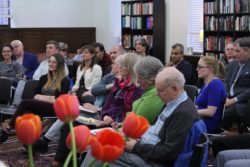
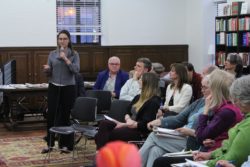
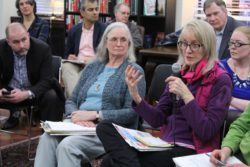
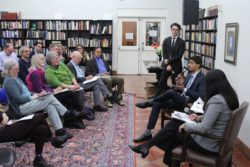
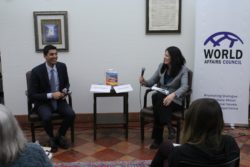
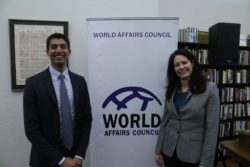
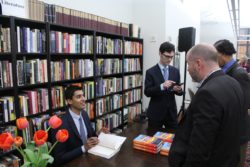
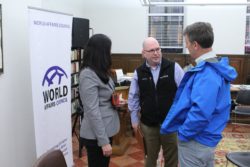
Details
6:00PM -7:30PM